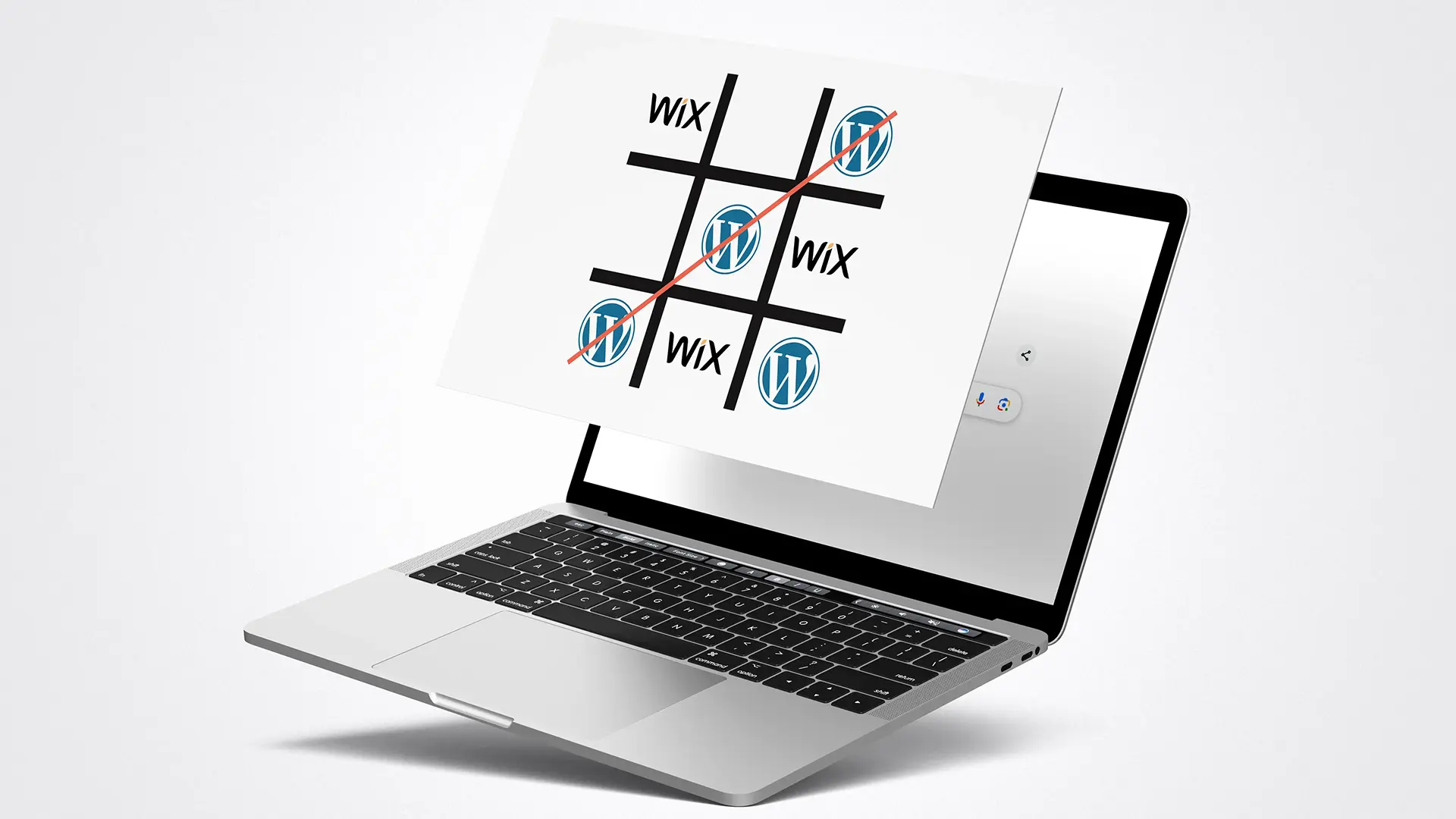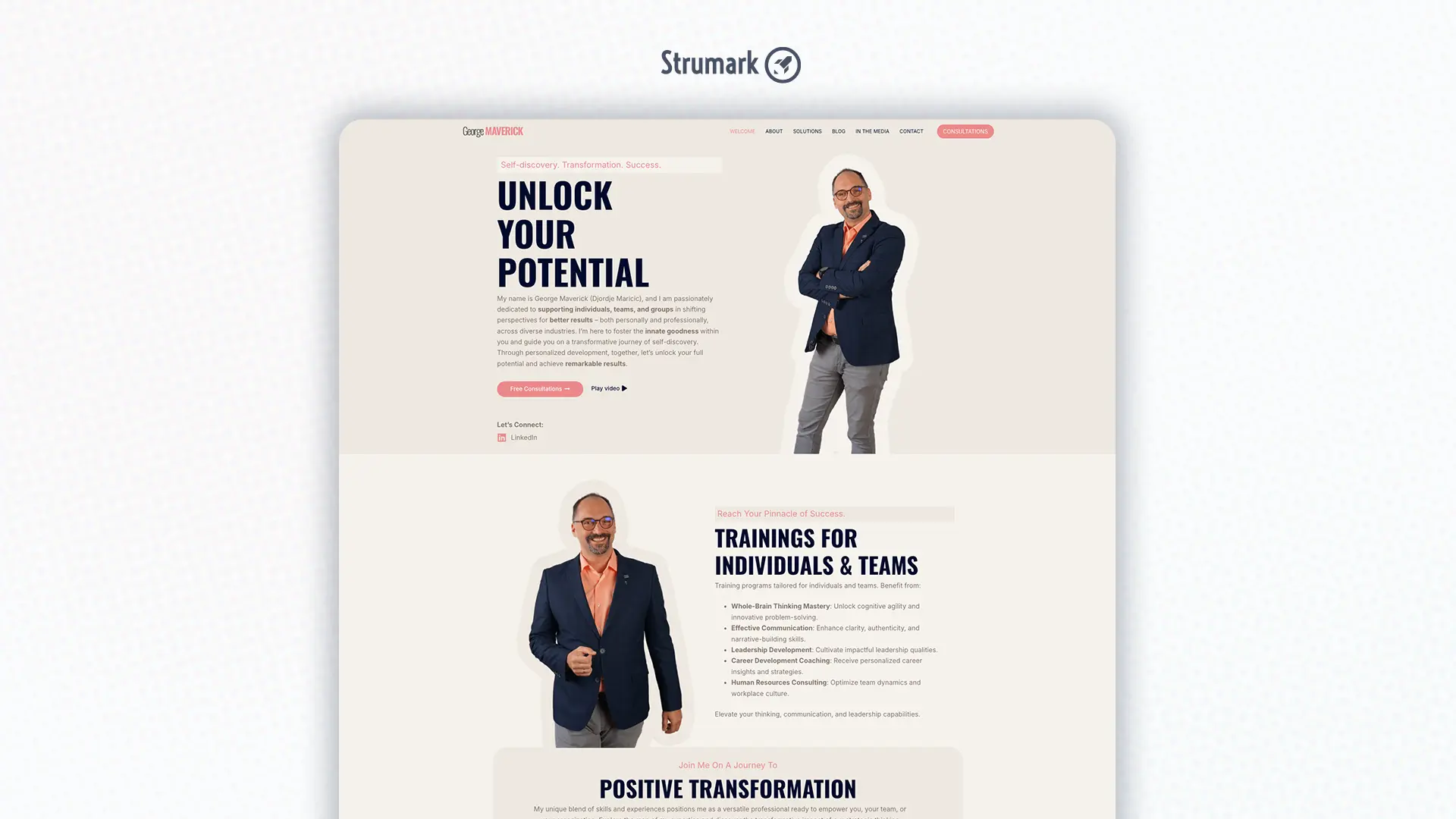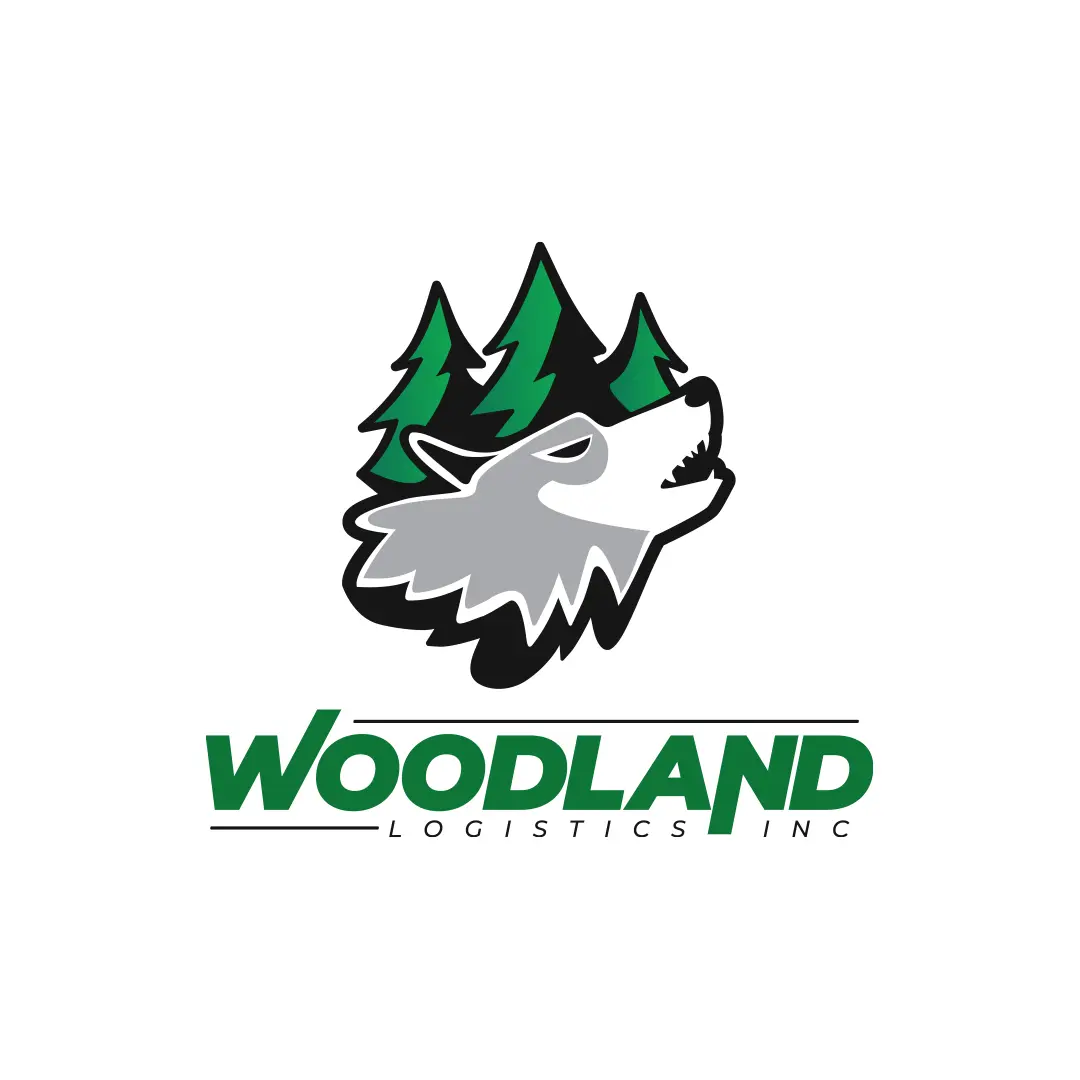Wix SEO vs WordPress SEO – which is better
December 29, 2024

Platform overview
Wix:
WordPress.org:
Key differentiator:
SEO features comparison
Ease of Use:
- Wix: One of Wix’s standout features is its built-in SEO Wiz, a step-by-step guide that helps beginners optimize their sites for search engines. It covers basics like adding meta tags, creating alt text for images, and generating an XML sitemap. For someone new to SEO, Wix offers a seamless introduction without overwhelming technicalities. However, advanced SEO configurations are limited, which may hinder long-term scalability.
- WordPress: While WordPress doesn’t come with built-in SEO tools, it offers unparalleled flexibility through plugins like Yoast SEO, Rank Math, and All in One SEO Pack. These plugins allow for in-depth optimization, including schema markup, advanced meta descriptions, and focus keyword analysis. However, to make the most of these tools, users need a foundational understanding of SEO practices.
Customization:
- Wix: Customization is Wix’s biggest limitation for SEO. While it lets you handle basic settings, such as title tags and descriptions, it doesn’t allow access to your website’s backend code. This lack of control can hinder advanced strategies, like adding custom schema markup or integrating third-party SEO scripts.
- WordPress: WordPress provides complete access to your site’s backend, allowing advanced users to customize their SEO strategy. You can implement personalized tracking codes, fine-tune your URL structure, or even use developer-friendly tools to manage technical SEO challenges like crawl budgets or index bloat.
Mobile optimization:
- Wix: Every Wix template is mobile-friendly, but the level of customization is minimal. You can tweak fonts or rearrange elements for mobile screens, but you don’t have full control over how content adapts. This can be frustrating for businesses targeting mobile-first audiences, where performance and design play a critical role in user retention.
- WordPress: With WordPress, mobile optimization is as versatile as the theme you choose. Many premium themes are fully responsive and designed with mobile-first principles. Additionally, plugins like AMP for WP can create accelerated mobile pages, ensuring lightning-fast load times on mobile devices.
URL Structure:
- Wix: Wix URLs are generated automatically based on your page titles, and while you can make minor edits, the platform doesn’t support complete URL customization. For example, blog post URLs might include unnecessary parameters, which can dilute SEO efforts.
- WordPress: WordPress offers full control over URL structures, allowing you to create clean, keyword-rich URLs that are both user- and search-engine-friendly. This capability gives you an edge when targeting highly competitive keywords and local search terms.
Performance and speed
Wix performance and speed
WordPress performance and speed
Real-world impacts of performance and speed on SEO
Wix limitations:
WordPress advantages:
On WordPress, scalability is a major strength. You can start with a modest shared hosting plan and upgrade to dedicated servers or cloud hosting as traffic increases. By enabling features like image optimization via plugins like Smush and database cleaning with tools like WP-Optimize, WordPress ensures your site remains responsive even during traffic spikes.
Security: safeguarding your website and users
Wix security:
WordPress security:
WordPress, being an open-source platform, places security largely in the hands of the user. While this flexibility allows for tailored security measures, it also introduces the risk of vulnerabilities if updates or best practices are neglected. WordPress security often relies on plugins like Wordfence, Sucuri, or iThemes Security, which offer features such as firewalls, malware scanning, and brute force attack prevention. Users must regularly update the WordPress core, themes, and plugins to minimize the risk of attacks. For optimal security, many choose managed WordPress hosting providers like Kinsta or WP Engine, which offer robust security features out of the box.
Practical Tips for Strengthening Security
For Wix:
- Enable two-factor authentication (2FA) for account logins to add an extra layer of security.
- Regularly review your site’s activity logs via the Wix dashboard to monitor any unusual behavior.
- Use strong, unique passwords for your Wix account to prevent unauthorized access.
For WordPress:
- Install a security plugin like Wordfence or Sucuri to monitor and block malicious activities.
- Use strong user credentials—avoid common usernames like “admin” and ensure all passwords are complex.
- Regularly back up your site using plugins like UpdraftPlus or through your hosting provider.
- Limit login attempts to prevent brute force attacks. Plugins like Login LockDown can help enforce this.
- Change the default login URL from wp-admin to a custom URL for added security.
- Disable unused plugins and themes—even inactive ones can pose risks.
More about WordPress security read here.
Key takeaways on security
For smaller, less complex websites, Wix’s all-in-one security solution can be a hassle-free choice. However, if your site handles sensitive customer information or is part of a larger, scalable operation, WordPress offers the tools and flexibility to maintain enterprise-grade security.
Why WordPress is ideal for growing businesses
1. Ownership of hosting and domain
When using WordPress, you purchase your own domain and hosting, making you the full owner of these essential assets. Unlike platforms like Wix, where everything is managed within their ecosystem, WordPress gives you the freedom to:
- Switch hosting providers if you find a better deal or need enhanced performance.
- Scale your hosting plan as your traffic increases without being tied to fixed tiers.
- Retain control over your domain, ensuring long-term independence.
This ownership is crucial for businesses planning to expand, as it allows them to optimize their online presence based on evolving needs without restrictions imposed by a platform.
2. Scalability for business growth
WordPress can grow with your business, whether you’re adding a few new pages or launching an entirely new service. It’s easy to:
- Upgrade to more powerful hosting as your traffic grows.
- Add functionality through thousands of plugins, such as appointment booking, e-commerce, or advanced analytics.
- Expand your website to include a blog, customer portal, or even a full-fledged online store without switching platforms.
For example, a small landscaping business might start with a simple site showcasing services. As the business grows, they can integrate an online scheduling tool, a blog for gardening tips, and even an e-commerce section for selling plants or tools—all without needing to migrate to a new platform.
3. Custom design and functionality
WordPress allows for complete customization of both design and functionality. Unlike Wix, which has limitations on template adjustments and backend access, WordPress lets you:
- Build a fully custom site that reflects your brand identity.
- Incorporate advanced SEO strategies by customizing metadata, URL structures, and schema markup.
- Use specialized plugins to create unique features that fit your business needs.
4. Data and content ownership
5. Adaptability to market changes
As your business evolves, so can your website. Whether you’re expanding to new locations, adding new services, or adapting to market trends, WordPress provides the tools and flexibility to support:
- Multi-site capabilities for businesses operating in multiple regions.
- Easy integration with third-party tools like CRM systems, payment gateways, or email marketing platforms.
- Advanced reporting and analytics for making data-driven decisions.
6. Cost-Effectiveness
While WordPress does require an upfront investment in hosting and domain registration, it offers long-term cost advantages:
- You only pay for what you need, allowing for tailored budgeting.
- Free and premium plugins and themes mean you can add features without expensive custom development.
- No platform-imposed transaction fees for e-commerce sites, unlike some all-in-one solutions.
Key takeaway for growing businesses
For small business owners planning expansion, WordPress offers unparalleled independence, scalability, and flexibility to support long-term goals. By owning your hosting and domain, you’re not confined to a single platform, granting the freedom to adapt and grow as your business evolves. This autonomy ensures that your website can seamlessly scale and incorporate new features, aligning with your business’s trajectory.
Notably, WordPress’s dominance in the content management system (CMS) market underscores its reliability and widespread adoption. As of December 2024, WordPress powers 43.6% of all websites globally, commanding a 62.0% share of the CMS market. In contrast, Wix accounts for 3.2% of all websites, holding a 4.6% CMS market share.
This substantial market share reflects WordPress’s robust ecosystem, extensive customization options, and strong community support, making it a preferred choice for businesses aiming for sustainable growth.
In conclusion, choosing WordPress means investing in a platform that not only meets your current needs but also provides a solid foundation for future expansion. With its vast array of plugins, themes, and customization capabilities, WordPress empowers you to build a website that evolves alongside your business, ensuring long-term success and adaptability in a dynamic digital landscape.
By opting for WordPress, you’re not just creating a website—you’re establishing a scalable, flexible, and independent platform that can grow with your business, providing the tools and resources necessary to achieve your long-term objectives.
Note: The market share percentages are based on data available as of December 2024 and may vary with new statistics.
Choosing the right platform for your business’s seo needs
When it comes to SEO, the choice between Wix and WordPress ultimately depends on your business’s needs, resources, and technical comfort. Wix is a great option for small business owners who value simplicity and want built-in SEO tools without much technical effort. However, for those looking to maximize customization, scalability, and long-term SEO performance, WordPress provides the flexibility and control needed to build a strong online presence as your business grows.
Since you’re already here on our blog, you likely know that Strumark LLC specializes in creating custom WordPress websites. However, if you prefer using Wix for your website, I recommend finding an agency specializing in Wix development on the DesignRush platform. It’s a great resource to connect with professionals who align with your specific needs.
Get a no-cost preview
of your new homepage
*Please note: Due to high demand, we may not be able to accommodate all requests. If needed, selections will be made based on our internal criteria.

I’m thrilled to give you a firsthand look at our design skills. Sign up for a free homepage preview. We can’t wait to impress you!
Ljubo Struharik, Founder & CEO of Strumark


